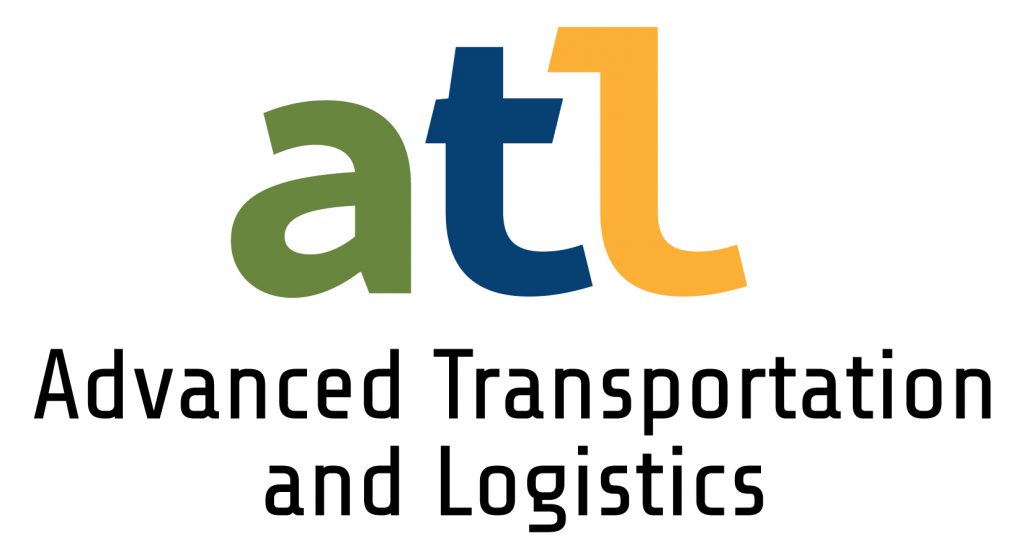 The logistics sector in Southern California is expected to grow by 17% over the next few years, adding more than 25,000 jobs to the region by 2023. What role can community colleges play in meeting this workforce demand?
The logistics sector in Southern California is expected to grow by 17% over the next few years, adding more than 25,000 jobs to the region by 2023. What role can community colleges play in meeting this workforce demand?
A new report spearheaded by Larry McLaughlin, ATL Regional Director in the Inland Empire/Desert Region, inventoried existing logistics education programs, presented five-year labor market projections, and made recommendations for how community colleges in the region can create career pathways for logistics workers.
The report found demand for positions that require a bachelor’s degree. However, bachelor’s degree programs with specializations in supply chain logistics are already prevalent in the region, while associate degree and certificate programs are not. This is where community colleges can step in with programs that serve both new employees in the sector as well as those who are looking for additional training to advance toward a bachelor’s degree and/or a management-level position. The study also found a high demand for workers in entry-level jobs requiring less education. This is where community colleges and high schools can work together to create pathways for high school graduates to enter the industry, then obtain additional education that will put them on a path to advancement and higher earnings.
“New educational pathways and outreach are needed to make young people aware of the career opportunities in logistics and to bring them into the pipeline for further training and eventual advancement,” McLaughlin said.
The report found that educators in the sector will also need to be flexible to accommodate the changing nature of logistics work, including retraining and re-skilling opportunities for employees at all levels – another appropriate role for community colleges.
“Education and training for middle-skill technical occupations is currently available in our community colleges but will need to expand and adjust for increased deployment of automated systems,” McLaughlin said. “Training that leads to industry-recognized credentials, including short-term, management-level training, is also needed to support industry growth.”
McLaughlin and consultant Servando Gereau prepared the report in partnership with Michael Goss of the Center of Excellence for Labor Market Research. It was distributed to Deans and other stakeholders in the region and will serve as the basis for grant proposals moving forward.
In his region, McLaughlin continues to work with the Inland Empire Economic Partnership and the Inland Empire Growth Opportunity organization on the proposed Excellence in Logistics and Supply Chain Management Center initiative.
Read the full Logistics and Supply Chain Education Inventory & Assessment Summary report here.


